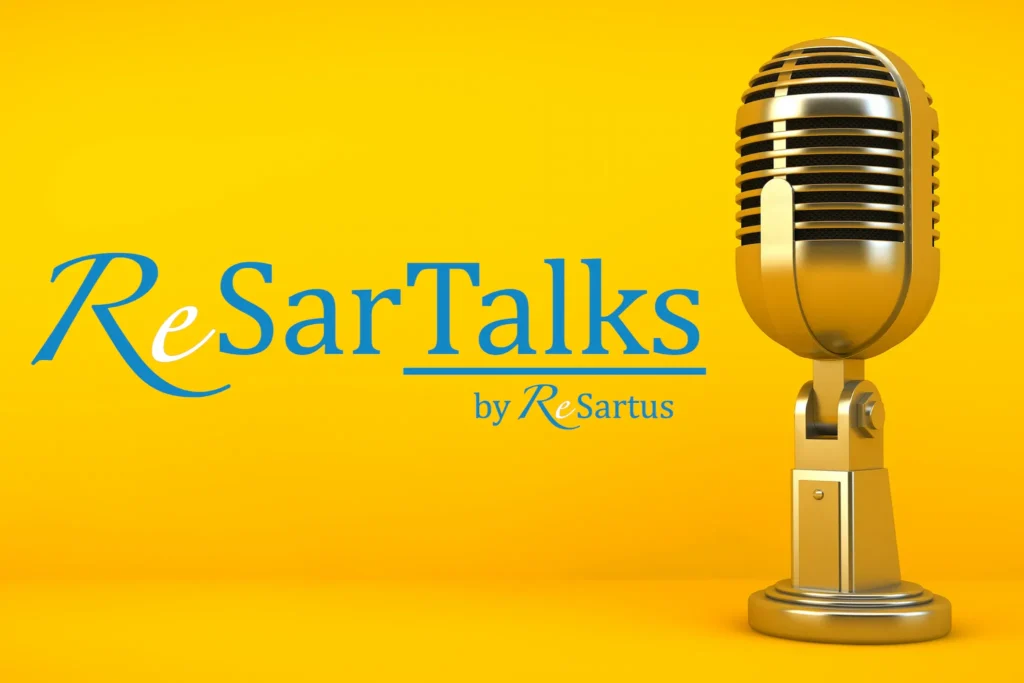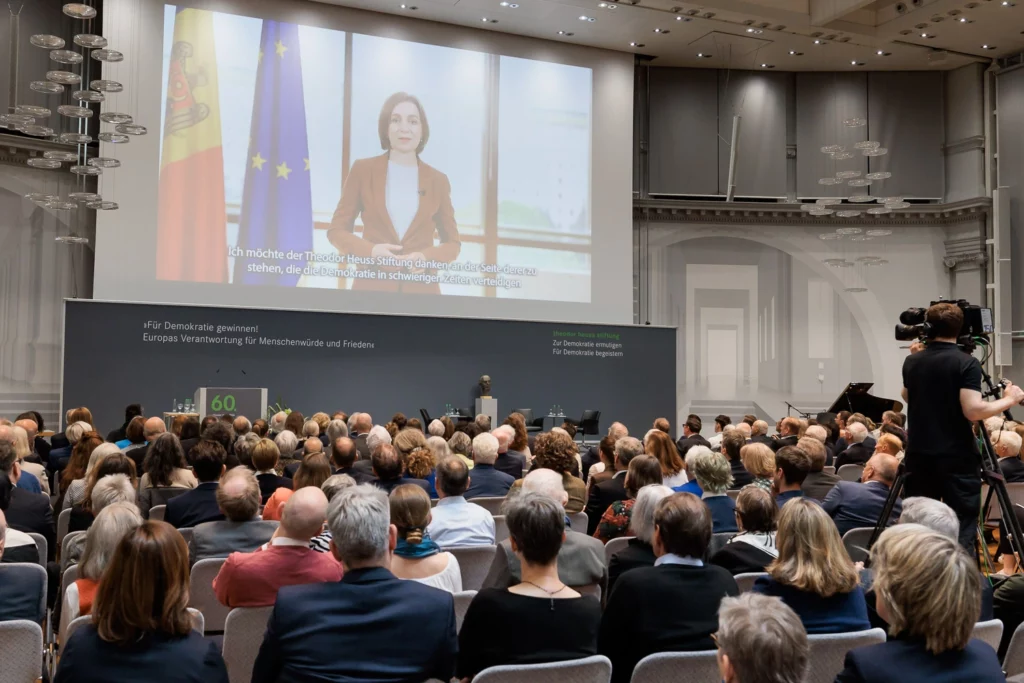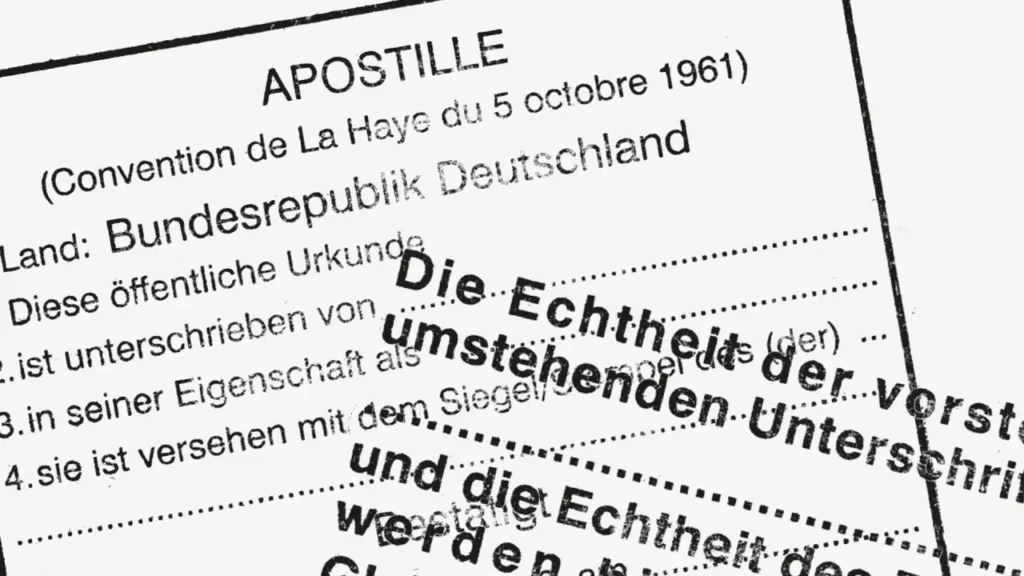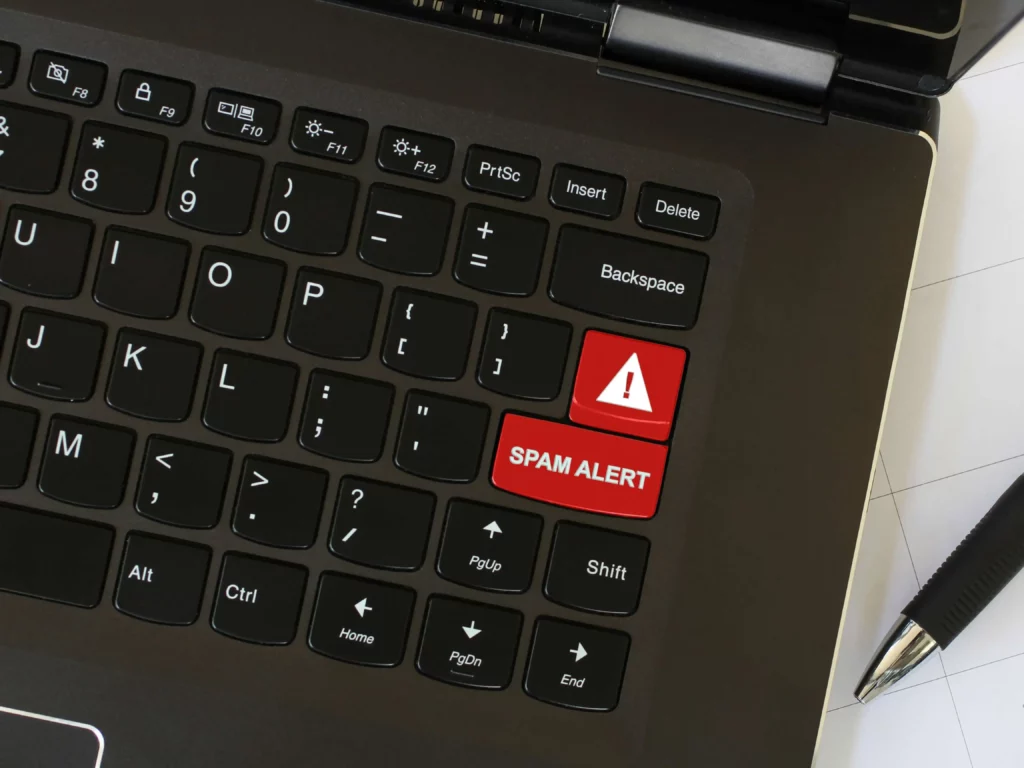
The DataFlow Group is an international provider based in Dubai that has specialized in Primary Source Verification (PSV) since its founding in 2006. PSV involves verifying the authenticity of academic degrees, professional licenses, and professional experience directly with the issuing institutions. With a network of over 160,000 institutions in more than 200 countries and over 6.6 million verifications carried out, DataFlow is an established partner in international recognition procedures.
Cooperation with SCFHS in Saudi Arabia
In Saudi Arabia, DataFlow is the official verification partner of the Saudi Commission for Health Specialties (SCFHS). For healthcare professionals, a complete PSV through DataFlow is a mandatory requirement for admission to practice in the Saudi healthcare system. The SCFHS does not accept license applications without a valid DataFlow Report.
Verification Process
The verification process begins with the creation of an applicant account on the DataFlow platform. Applicants then select the relevant authority – e.g., SCFHS – and upload relevant documents, including:
- Valid passport
- Degrees (e.g., diploma, license to practice, specialist diploma)
- Professional licenses
- Work references covering three to five years of professional experience
- Certified translations, if necessary
In addition, a “Letter of Authorization” must be uploaded, which allows DataFlow to communicate directly with the issuing institutions. Certified translations are required for documents not issued in English or Arabic. In Germany, this is usually done after prior apostille or legalization by the competent authorities and translation by court-sworn translators. We have compiled further information on this process in our article on apostilles, legalization and certification.
Once all documents have been submitted and fees paid, the actual verification process begins, which can take several weeks depending on the scope. The processing status can be viewed online. After successful verification, applicants receive an official DataFlow Report with a QR code, which serves as the basis for further recognition by the Saudi authorities. If prior verification has been carried out in another GCC country, the report can also be transferred, provided that no new documents are required.
Admission Procedure at the SCFHS
nce DataFlow verification has been completed, candidates are usually admitted to the Saudi Medical Licensing Exam (SMLE). This exam comprises 300 multiple-choice questions in English and is considered a challenging standard test. The requirements vary depending on the type of license:
- Temporary license: At least one year of professional experience after graduation
- Permanent license: At least three years of professional experience and passing the SMLE
- Specialists: Proof of specialized further training and several years of clinical experience
This procedure is supplemented by residence and employment requirements such as a valid work visa, a letter of invitation, a medical certificate, vaccination certificates, a police clearance certificate and – although not officially required, but relevant in practice – English language skills at least at C1 level.
Particular Challenges for Qualifications from North Rhine-Westphalia
However, German applicants from North Rhine-Westphalia in particular repeatedly encounter structural problems during DataFlow verification that can hinder or delay successful recognition:
- Decentralized administrative structures
Universities, district governments (for licenses) and medical associations often operate independently of one another. The required direct written response to DataFlow with stamp, signature and contact information is often not provided or is delayed, especially for for inquiries in English. - Data protection conflicts
German data protection laws often prevent the direct transfer of personal data to international third-party providers such as DataFlow. Without explicit consent or an official order, many institutions refuse to disclose information. - Language and formal barriers
The requirements for certified translations (including official stamps, contact persons, and format specifications) are too much for many smaller hospitals or educational institutions that are not equipped for international verification processes. - Lack of responsiveness
Some of the agencies contacted do not respond, refuse to cooperate, or straight-up ignore the requests completely. This often leads to so-called “red flag reports” at DataFlow – a negative result that makes professional licensure in the target country considerably more difficult or impossible.
Recommendations for a successful application
The following measures are helpful in meeting these challenges:
- Early consultation with German institutions
Before submitting an application to DataFlow, you should get in touch with the relevant institutions (e.g., university, district government, employer) to see if they’re willing to cooperate. If needed, you should prepare bilingual declarations of consent. - Use of specialized service providers
Agencies with experience in the DataFlow process can be helpful with translations, applications and communication with international and German authorities. - Make use of targeted contacts with authorities
Some district authorities in North Rhine-Westphalia now have experience with DataFlow. Targeted contact with these agencies can save time and effort. - Direct communication with the SCFHS
In problematic cases, an official letter to the SCFHS may help to request alternative forms of proof, such as affidavits or notarized confirmations.
Conclusion
The verification process via DataFlow is a key prerequisite for professional recognition in the Saudi healthcare system. Thorough preparation, a structured application process, and precise knowledge of the formal requirements are crucial, especially for medical personnel from Germany. Those who identify potential obstacles early on – especially with institutions in North Rhine-Westphalia – and take targeted countermeasures significantly increase their chances of success. This lays the foundation for legally compliant professional practice in an attractive, internationally oriented healthcare market.

Push the Future

Small Businesses and Invoices

Vegan Language – It’s all about the Bratvurst

Accessible Texts – Leichte Sprache from a Translator’s Perspective

Between Deadlines and Diplomacy


Why localization is more than translation

60th Theodor Heuss Prize


The invisible danger: digital translation fraud

Planned revision of the JVEG

Freelancer visa in the UAE

Emigration to Dubai

Cuts and restrictions – Interpreters and Translators in Crisis

Building bridges at the Wilhelm Bock Prize

Funding Programs for Language Mediators in Healthcare

Inclusion in Education: ReSartus Enables International Exchange

The Future of Remote Interpreting – Virtual Conferences


Industry-specific challenges in the translation industry

The Role of AI in the Translation Industry

Hiiios – The video interpreting service by ReSartus

Emigrating from Germany

ReSartus supports the 43rd Erlangen Poetry Festival

Preparations for the COP 28 World Climate Conference

Push the Future

Small Businesses and Invoices

